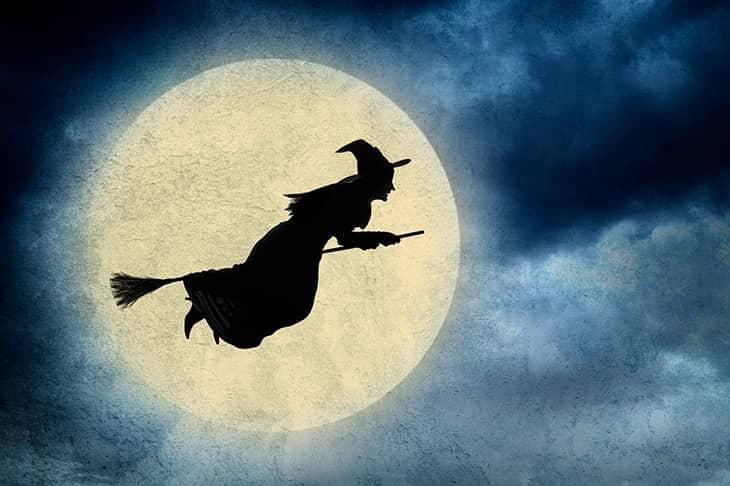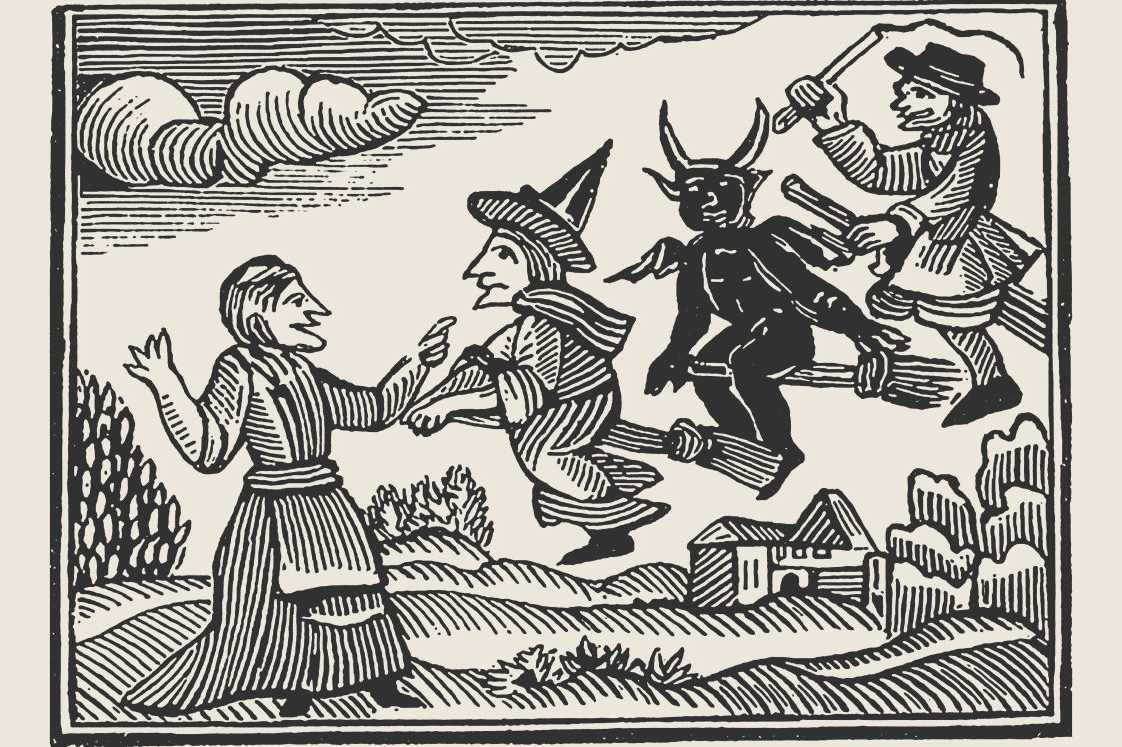“No, darling, I certainly wouldn’t call you a witch,” said my husband. “You’re not thin enough.”
The Oxford English Dictionary has just published a new entry for witch. It is less dismissive of old women. The former version spoke of a “repulsive-looking old woman.” Now it is “a term of abuse or contempt for a woman, especially one regarded as old, malevolent, or unattractive.”
In that sense it is still definitely a woman. But what has lexicographers in a ferment of excitement is the decision to undo the division of the main entry for witch into male and female. Before the Conquest it had only been formally distinguishable in the nominative singular: wicca (masculine) and wicce (feminine). The dictionary’s decision was not made without “some discussion.”
If wicca rings a bell it is because of a sensational intervention into language history. In 1954, Gerald Gardner, a naturist and numismatist, promoted the notion adopted by the folklorist Margaret Murray (1863-1963) that the people persecuted as witches in the early modern period had been pagans practicing the old religion of Europe. The collapse of her thesis seemed not to worry him.
The OED sternly comments on a quotation from a New Jersey weekly in 1967 saying that witchcraft “used to be called Wicca, an Anglo-Saxon word meaning ‘cult of the wise’.” This, it remarks, “is incorrect.”
Even more indicative is the pronunciation of wicca in Old English. It sounded like witch-ah. (The feminine gender wicce sounded like witch-eh.)
It’s welcome to find a well-founded discussion of witch in the dictionary, but now that the OED is not limited by space on the printed page, it can perhaps go on a bit. “The frequently marginal status of older women (especially those who were widowed or unmarried) within the community made them especially vulnerable to accusations of witchcraft, particularly if they happened to have knowledge of traditional or folk medicine, a belief that women were more susceptible than men to the Devil being an additional contributing factor.”
I see that these arguments can be made, but they to seem to be quite a distance from the general usage of witch.
This article was originally published in The Spectator’s UK magazine. Subscribe to the World edition here.























